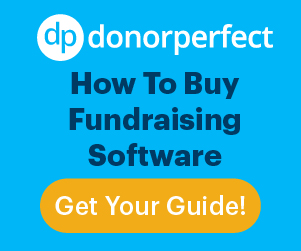This post was originally published here (Forbes Nonprofit Council)
You may have heard Peter Drucker’s famous quote, “Organizational culture eats strategy for breakfast.” While many leaders agree and have directly experienced this phenomenon, very few organizations intentionally address their culture.
Why? Because it’s seen as a nice-to-have. It’s seen as the something else that takes place on the side of our work — not about the actual work itself.
But look around your organization. Your employees are the ones getting the work done, right? What do you know about them? How well do you understand their pain points? And how have you attempted to resolve them?
When people feel frustrated at work, it’s unlikely because the foosball table broke, they had to buy their own lunch, or they couldn’t wear jeans to the office. They’re more likely frustrated about a lack of clarity within the decision-making processes, ill-defined roles, poor communication or a myriad of challenges along those lines. And the opposite is true: When people feel engaged at work, it’s likely because they have open lines of communication, clarity in the purpose of their work, and trust in their leaders and the peers around them.
All too often, when we think about an exceptional organizational culture, it’s the superficial perks that we focus on. Why? Because understanding, developing and supporting your culture can feel like a rather ambiguous and daunting challenge.
But it doesn’t have to be.
Your organizational culture is about the agreements your team has, either intentionally or organically, made with each other over time. These simple agreements become entrenched across the organization and either allow or inhibit the team to be successful in their day-to-day work.
As leaders, a challenge is making culture distinct and purposeful and using it to support your organizational strategy. That’s ultimately what will determine your organization’s outcome and impact.










